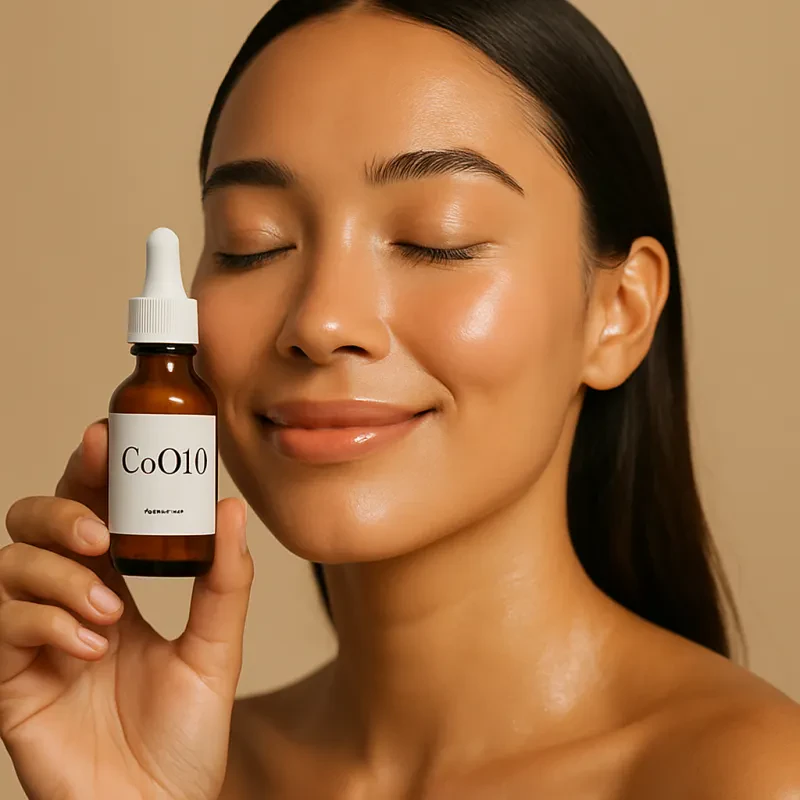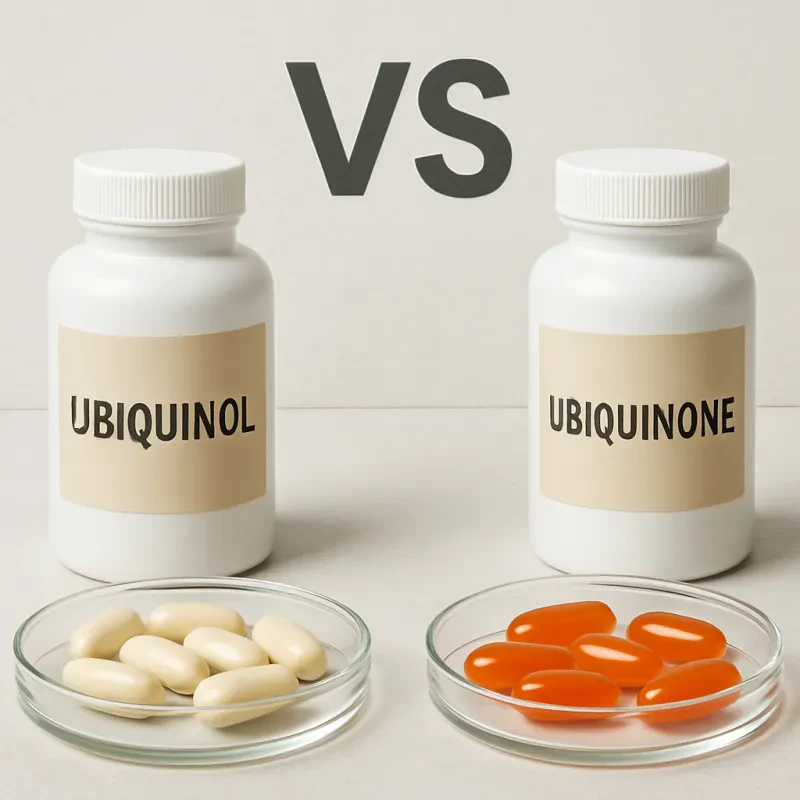In today’s quest for youthful skin, Vitamin C has emerged as a powerful ally against the signs of aging. From fine lines to uneven skin tone, this antioxidant-rich nutrient offers a myriad of benefits that cater to various skincare needs. Let’s delve deeper into how Vitamin C works wonders for anti-aging and why it deserves a prime spot in your daily beauty regimen.
Introduction to Vitamin C and Anti-Aging
As we age, our skin faces challenges such as reduced collagen production, increased oxidative stress, and slower cell turnover. These factors contribute to the formation of wrinkles, sagging skin, and dull complexion. Vitamin C, a potent antioxidant, plays a crucial role in combating these effects by neutralizing free radicals and supporting collagen synthesis.
Understanding Vitamin C
Vitamin C, also known as ascorbic acid, is a water-soluble vitamin found abundantly in fruits such as oranges, strawberries, and kiwis, and vegetables like broccoli and bell peppers. It is essential for the growth, development, and repair of body tissues, including skin. While our bodies cannot produce Vitamin C on their own, it can be obtained through a balanced diet and topical skincare products.
Mechanism of Action
When applied topically or ingested, Vitamin C promotes collagen production by activating enzymes necessary for its synthesis. Collagen, a protein that provides structure to the skin, diminishes with age and sun exposure. This decrease in collagen leads to the formation of wrinkles and sagging skin. By boosting collagen levels, Vitamin C helps maintain skin firmness and elasticity, thus reducing the appearance of wrinkles and promoting a more youthful complexion.
Benefits of Vitamin C for Skin Health
The benefits of Vitamin C extend beyond collagen support. Regular use can visibly improve skin texture, evening out skin tone and reduce the prominence of dark spots and hyperpigmentation. Its antioxidant properties also shield the skin from harmful UV rays and environmental pollutants, which can accelerate aging. Additionally, Vitamin C can help reduce inflammation, promote wound healing, and strengthen the skin's barrier function.
Anti-Oxidative Properties
One of the most celebrated qualities of Vitamin C is its ability to neutralize free radicals. Free radicals are unstable molecules generated by environmental stressors like UV rays and pollution. These molecules can cause oxidative stress, a process that damages cells and accelerates aging. By neutralizing these molecules, Vitamin C prevents oxidative stress and subsequent damage to skin cells, keeping the skin looking youthful and radiant.
Enhanced Healing and Repair
Apart from its anti-aging benefits, Vitamin C supports the skin’s natural healing processes. It aids in repairing damaged skin, whether from acne scars, sunburns, or other wounds. This healing property not only enhances overall skin health but also contributes to a smoother complexion over time.
Combination with Other Skincare Ingredients
For optimal results, Vitamin C can be combined with other beneficial skincare ingredients. Vitamin E, another potent antioxidant, complements Vitamin C by enhancing its effectiveness and prolonging its stability. Hyaluronic acid, a natural substance in the skin known for its hydrating properties, pairs well with Vitamin C to provide a moisture boost, leaving the skin plump and supple.
Forms of Vitamin C in Skincare Products
Skincare products harness different forms of Vitamin C, each with its benefits and stability profiles. Ascorbic acid, the most common and potent form, is revered for its ability to penetrate the skin effectively. Magnesium ascorbyl phosphate and sodium ascorbyl phosphate, on the other hand, are derivatives that offer gentler options while still providing antioxidant benefits. These derivatives are often used in products for sensitive skin or those new to Vitamin C.
Choosing the Right Vitamin C Product
When it comes to selecting a Vitamin C product, you are in the driver's seat. Consider factors such as concentration levels, formulation stability, and compatibility with your skin type. Remember, higher concentrations are often more effective but may irritate sensitive skin. Opt for products with stabilized formulations to ensure potency and longevity. Your choice can make a significant difference in the effectiveness of your skincare routine.
Application and Usage Tips
To maximize the benefits of Vitamin C:
- Incorporate it into your daily skincare routine.
- Apply a Vitamin C serum or cream evenly to cleansed skin, preferably in the morning, to protect against daytime oxidative stress.
- Follow with sunscreen to enhance protection from UV rays and maintain Vitamin C’s efficacy throughout the day.
Potential Side Effects
While Vitamin C is generally safe for most skin types, some individuals may experience mild irritation or sensitivity, especially when using high concentrations or combining with other active ingredients. This can manifest as redness, itching, or a stinging sensation. Conduct a patch test before completing the application, and if irritation persists, consult a dermatologist for personalized advice.
Myths and Misconceptions
There are several myths surrounding Vitamin C, such as its instability in skincare products or its inability to penetrate the skin effectively. These misconceptions often overshadow the extensive research and clinical studies that support its efficacy in skincare formulations. Understanding the facts can help users make informed decisions about incorporating Vitamin C into their beauty routines.
Scientific Evidence and Research Studies
Rest assured, the benefits of Vitamin C for anti-aging and overall skin health are not just claims. Numerous scientific studies validate its role in collagen synthesis, photoprotection, and antioxidant defense against environmental stressors. These findings underscore the effectiveness of Vitamin C in maintaining youthful-looking skin and supporting long-term skin vitality.
Incorporating Vitamin C into Your Daily Routine
For those new to Vitamin C skincare, integrating it into your daily routine is a commitment to your skin's health and vitality. Begin with a low to moderate-concentration product to gauge your skin’s tolerance and gradually increase as needed. Incorporate Vitamin C into both your morning and evening skincare rituals to maximize its protective and reparative benefits. Your dedication to this routine will pay off in the form of healthier, more youthful-looking skin.
Conclusion
In conclusion, Vitamin C stands as a cornerstone in anti-aging skincare, offering a wealth of benefits that address common signs of aging effectively. From boosting collagen production to protecting against free radicals, its multifaceted approach makes it suitable for diverse skincare needs. By understanding its mechanisms and choosing the right products, you can harness the power of Vitamin C to achieve healthier, more youthful-looking skin.



